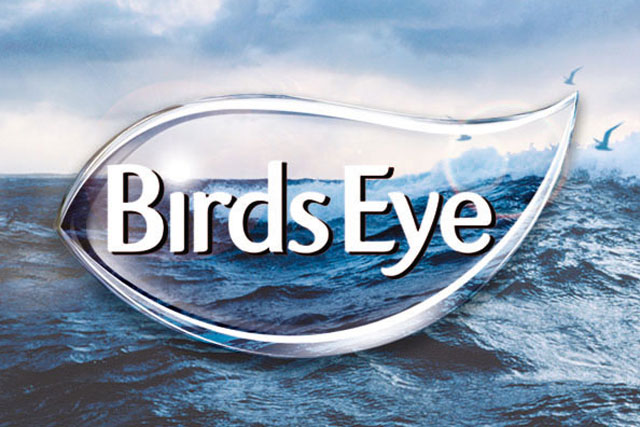
The ruling has provoked a strong response from the boss of Birds Eye, Martin Glenn, who deemed the ruling was ridiculous.
The poster and press ads, created by Abbott Mead Vickers BBDO, ran between 14 March and 2 April 2011.
The poster ad featured a toy bear holding a clipboard seated next to a pack of Birds Eye field broccoli florets. The text at the top of the poster stated "30% more vitamins than fresh vegetables. I've just read the research."
The text on the side of the poster ad referenced a particular study, adding "DJ Favell Study 1998 Ref Vit C IFR Extra 2010".
The company's website address was in the bottom right-hand corner of the ad.
The press ad boasted similar health claims.
The ads outraged some people, who challenged whether the claim "30% more vitamins than fresh vegetables" was misleading and could be substantiated.
Some complained that the ads were misleading as they implied that the advertiser's freezing process boosted the amount of vitamins present in its frozen vegetables.
Birds Eye defended its ads, claiming there is a misconception among the public that "fresh" was better than "frozen" and furthermore the ads were intended to educate the public about the benefits of frozen food.
Additionally, Birds Eye said both ads were supported by the findings of the D J Favell study and specifically referenced vitamin C in relation to the claim.
It also said that the claims only supported those vegetables featured in the campaign, garden peas, broccoli, peas and carrots.
But the ASA ruled against Birds Eye.
While factoring its use of the D J Favell study, the watchdog said the problem with the ad centred on the fact that it only examined levels of vitamin C, and not other vitamins, in vegetables.
It said: "We considered that, for vitamins which were less vulnerable to chemical oxidation and less water soluble than vitamin C, the rate of retention in fresh vegetables could be greater than that for vitamin C, and therefore the percentage difference between frozen and fresh vegetables in relation to other vitamins could be less than 30% claimed."
And despite the fact that Birds Eye had added the qualifying text, stating it was based on vitamin C, it ruled that people would believe the ad would be interpreted as referring to all vitamins.
The ASA also took issue with Birds Eye for not failing to make clear which storage method the claim – 30% more vitamins – related to and its timeframe.
It also referenced a European rule, which stated that such nutritional claims could only be made when the food being compared was in the same food category.
The watchdog ruled that Birds Eye could not use the press and poster ads again and could not use nutritional claims between frozen and fresh vegetables.
Martin Glenn, chief executive of Iglo Foods group, parent company of Birds Eye, said: "We feel that this ruling is ridiculous. We're just comparing two peas in a pod, the frozen one just happens to be better for you than the other."


.jpg)


.jpg)